Dandruff: What it is, Causes, How to Treat it and more
Dandruff is flaking that can appear on the hair, eyebrows and even the beard, causing discomfort and itching. It is caused by several genetic and emotional factors, as well as scalp care and cleaning habits. To treat dandruff, it is essential to invest in the right products.
To help you, we have prepared a guide with several popular questions about dandruff, such as its types, causes and treatments. We also recommend several products aimed at specific types of dandruff. Check out the details below and ask your questions now!
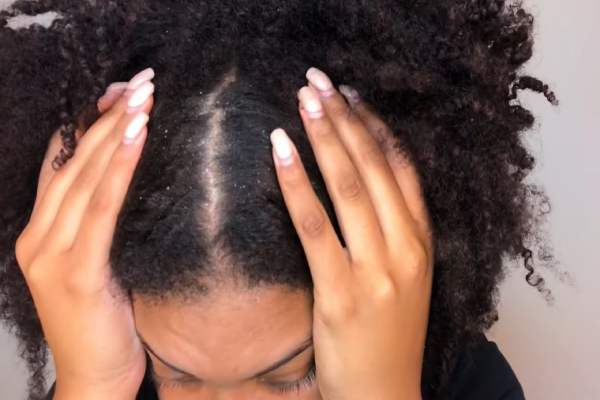
What Are the Types of Dandruff and What Are Their Causes?
There are three types of dandruff, according to scientific evidence. Each of them is triggered by a type of imbalance and requires specific treatment. Learn the main characteristics of each type of hair dandruff to identify what applies to each case:
- Dry dandruff: known for falling on clothes and causing discomfort, it is caused by dryness of the scalp due to bathing in very hot water or lack of hydration.
- Oily dandruff: it is triggered by the high production of sebum, which causes thicker plaques to detach from the leather, but remain attached to the hair.
- Cosmetic dandruff: caused by excessive use of products, such as, for example, leave-in sedimentation on the scalp.
If, in addition to dandruff, the person also has yellowish, oily plaques and reddened skin with visible inflammation, it is possible that it is a case of seborrheic dermatitis and not dandruff. In these cases, the condition is caused by uncontrolled microbiota and requires specialized monitoring.
Why Does Dandruff Itch?
In the case of dry or oily dandruff, the dandruff itches because the scalp skin is dry and lacking hydration or excess oil, causing flaking. Therefore, it is possible to treat this itch with the use of simple products, such as anti-dandruff shampoos.
In seborrheic dermatitis, where there is a proliferation of fungi, the itching is caused by uncontrolled microbiota. The treatment involves anti-inflammatories applied to the scalp and bactericidal fungicides, such as tea tree oil.
How to Avoid Dandruff?
To avoid the appearance of dandruff in your hair, it is essential to keep the scalp skin hydrated with specific conditioners (phytotherapeutics), leaving the product to act for a while before being removed. Furthermore, bathing your hair in very hot water can worsen dandruff.
Excessive use of chemicals with an acidic pH can also cause an imbalance in the skin and cause flaking. Avoid using products that are not recommended for the scalp, in addition to not leaving it damp for long periods, especially when sleeping or using caps and helmets.
To avoid seborrheic dermatitis, keep your scalp clean. As this is an emotional disease with a genetic predisposition, whenever there are symptoms, such as a bad smell or excessive itching, look for a specialist and products aimed at reducing skin inflammation.
How to Get Dandruff Out of Hair?
As dandruff is loose dead skin on our scalp, often resulting from dryness, the first step to getting rid of dandruff is to maintain a good cleansing and hydration routine. To do this, it is recommended to use the appropriate shampoo and moisturize the scalp with herbal conditioners.
When caps are caused by residual products applied to the scalp, cleaning and avoiding the cause is essential. It is worth mentioning that cleaning should be done with cold or warm water, never with hot water, which causes changes to the hair.
If the covers are classified as seborrheic dermatitis, treatment involves using a topical anti-inflammatory on the scalp to control the fungi. The products may contain French lavender or tea tree essential oil, and active asebiol, in addition to the use of conditioning shampoo and toner.
Can People with Dandruff Wash Their Hair Every Day? And use conditioner?
Yes, it is important that people who have dandruff regularly cleanse and moisturize their hair. As shampoos clean the leather and remove its protective layer, the hydrolipidic mantle, dead cells (dandruff) remain in place. Therefore, it is essential to apply a conditioner after cleaning.
Herbal conditioners with plant extracts are the most recommended, as they hydrate the scalp skin and maintain its health. Non-phytotherapeutic conditioners, on the other hand, should not be applied to leather, as there is a risk of producing oil on the skin and ending up generating dandruff.
In the case of seborrheic dermatitis, hygiene care needs to be doubled. Cleansing should be done daily, applying conditioning shampoo and tonic to the scalp. Ideally, products should have natural anti-inflammatory active ingredients to normalize the microbiota.
Does Dandruff Cause Hair Loss?
No, dry, oily or cosmetic dandruff does not increase hair loss. Losing around 150 strands per day is a natural physiological process of hair renewal, which is unrelated to dandruff. What it does is produce visual discomfort and itching for the patient, without aggravating other problems.
Seborrheic dermatitis can affect hair loss by blocking active ingredients in the scalp. As it leaves the skin inflamed, it prevents the entry of properties present in tonics, lotions and shampoos. In these cases, it is possible to observe greater hair loss throughout the head.
Read Also: How To Take Care Of Wavy Hair? Guide For Your Natural Hair
Conclusion
We hope that our article has helped you with your main questions about covers. We talk about the types of dandruff and their treatments. Remember that they can be caused by dehydration, excess oil and product residue on the scalp.
Keep an eye on our recommendations and don’t forget to observe the specificities of seborrheic dermatitis, which can be treated with the use of conditioning shampoos and hair tonics.

![How To Look Beautiful Without Makeup [12 Tips] 3 How To Look Beautiful Without Makeup [12 Tips]](https://naijaxtremefashion.com/wp-content/uploads/2022/12/how-to-look-beautiful-without-makeup-img_17262-min.jpg)
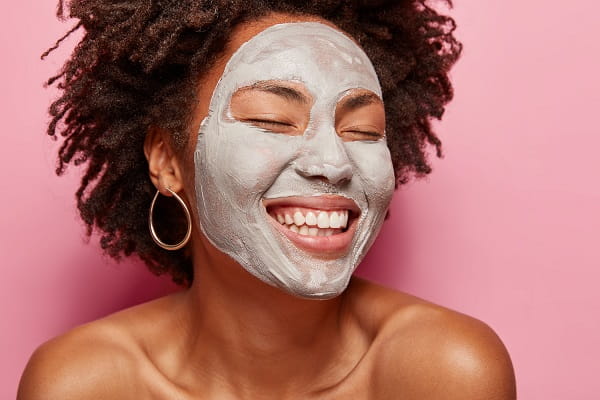
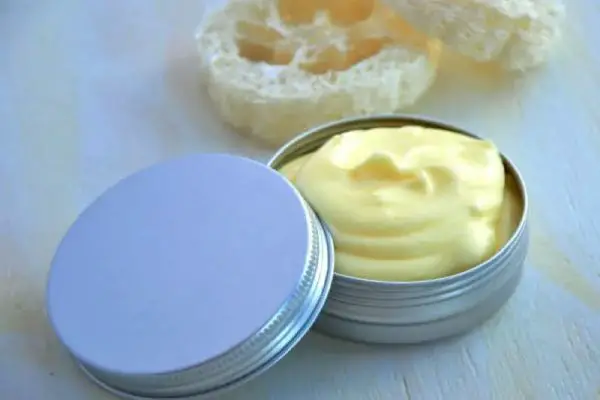
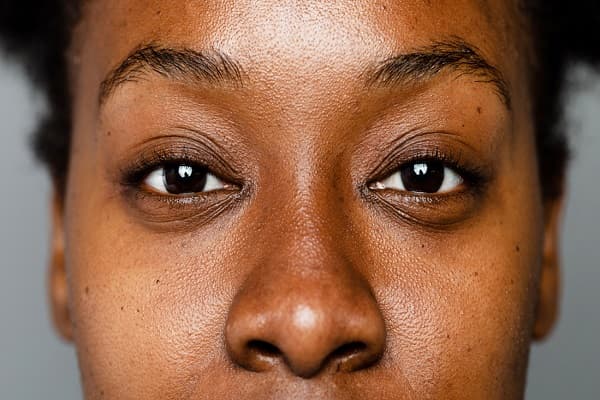

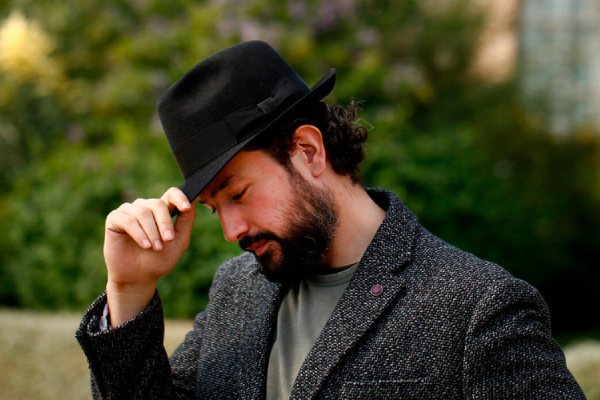
I’m extremely impressed together with your writing talents and also with the structure on your blog. Is this a paid theme or did you modify it yourself? Either way keep up the nice high quality writing, it’s uncommon to look a great weblog like this one these days!
I’m extremely impressed together with your writing talents and
also with the layout to your blog. Is this a paid topic or did you customize it yourself?
Either way stay up the nice quality writing, it’s rare to look a nice blog like this one these days.
HeyGen!